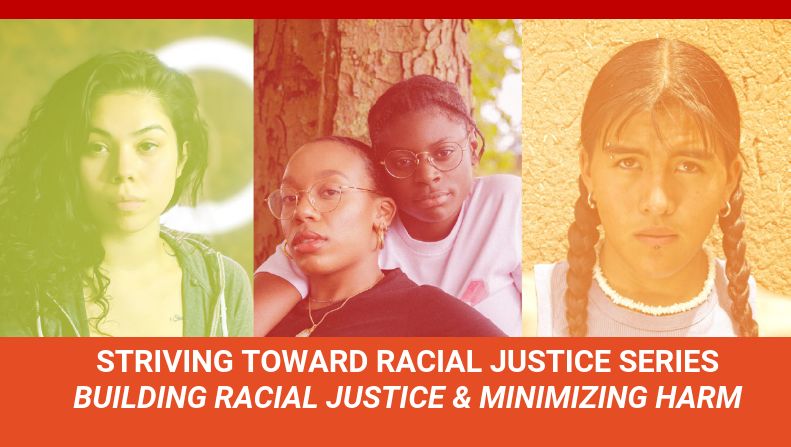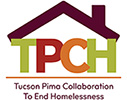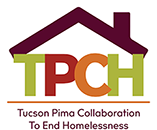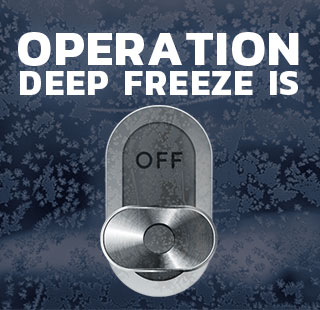

| TPCH released Striving Toward Racial Justice: A Call-to-Action for Pima County Community-Based Organizations, in partnership with the University of Arizona Southwest Institute for Research on Women in November 2021. As we begin 2022, we are calling on community organizations and our housing partners to deepen our shared resolve to advancing racial equity. This email series provides a summary of key concepts and strategies discussed in the Call to Action and i packed with useful resources and tools to help community organizations as they strive toward racial justice. In this issue, we introduce the fifth of 7 key actions defined in the Call to Action: Building Racial Justice and Minimizing Harm. This issue focuses on taking concrete steps that yield maximum benefit toward the organization’s goals related to advancing racial justice. Don’t miss our next issue in which we introduce Action 6 – Committing to Accountability. Can’t wait? Click here to download the full Call to Action now. |
| Action 5: Building Racial Justice and Minimizing Harm |
| After spending time reviewing, documenting and processing the various aspects of the organization that are not rooted in equity, it is time to make organizational changes. Through analyzing the organizational culture in-depth and by working with outside professionals, the necessary next steps will ideally be evident. Addressing a few areas at a time will probably yield the best results, as change can be difficult and shifts in approach may be needed throughout the process. |
| Watch “From Awareness to Action: Tools to Implement Anti-Racist Strategies at Your Agency” with Marc Dones, Future Laboratories. |
| Recommended Strategies Consider ways the organization requires staff members to serve as “cultural brokers” (translation services, resources to specific communities). Offer staff who serve in this role a pay differential. Acknowledge the burden placed on people of color who are often the only staff with a particular identity or language competency. Revise policies that are not rooted in racial justice. Enforce revised policies. Promote an organizational culture that actively provides services to communities in-need, independent of politics or power dynamics; the burden of the bureaucracy should fall on the organization, not on the clients. Remove the transactional relationship between clients and organizations. Provide programming that is rooted in an understanding of historical, generational, and current trauma. Implement an organizational diversity strategy that prioritizes representation of the client population at all levels of staff and leadership. Provide mandatory, ongoing racial justice training. Develop a transparent promotion plan rooted in racial justice. Revise hiring policies, procedures and practices. Delegate decision making to individuals with direct expertise. Infuse resources into the communities the organization serves. Implement a safe and accessible racial bias reporting system within the organization. Mandate differential investment policies to create equitable outcomes for various populations. Acknowledge that all organizations in this county are built on stolen tribal lands and make meaningful contributions to tribal communities. Contribute to and work with both local tribal communities and any indigenous staff affinity teams to develop and determine a path for meaningful contribution |
 |
| Resources for Building Racial Justice and Minimizing Harm Beyond Land Acknowledgment: A Guide Native Governance Center Building an Anti-Racist Workplace Time’s Up Foundation Emergent Strategy: Organizing for Social Justice Tiago Forte, Forte Labs Ethics and Nonprofits Deborah L. Rhode & Amanda K. Packel, Stanford Social Innovation Review How Do We Solve Structural Racism? A 5×5 Review Eva Jewell et al, Yellowhead Institute Metathemes: Designing for Equitable Social Change Design Impact Popular Education Highlander Research and Education Center Power and Social Change Grassroots Policy Project Racial Equity Action Plans: A How-To Manual Ryan Curren, Julie Nelson, Dwayne S. Marsh, Simran Noor, and Nora Liu, Government Alliance on Race & Equity |
| Authors |
| It is with the upmost admiration, respect and appreciation that we thank the authors for their critical contribution to this call-to action. In addition to their daily tireless commitment and relentless dedication to achieving racial justice in our community, they lent their expertise and passion to the hopeful notion that local organizations are willing to better serve their clients and better support their staff. Each of you makes our community a more just place. Claudia Powell Casey Chimneystar Limón-Condit Marisol Flores-Aguirre Anna Harper-Guerrero Mildred Manuel Andrés Portela III Claudio Rodriguez |


